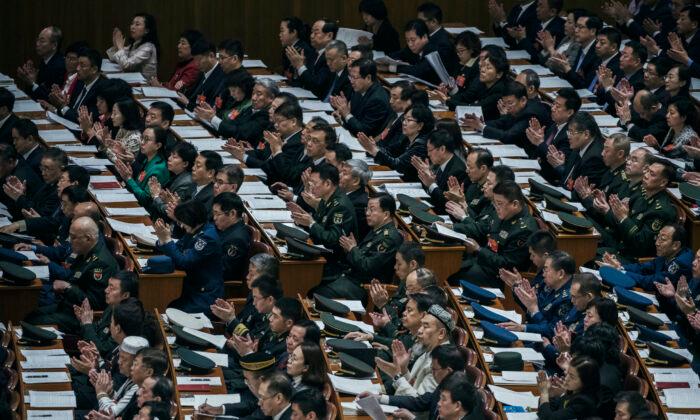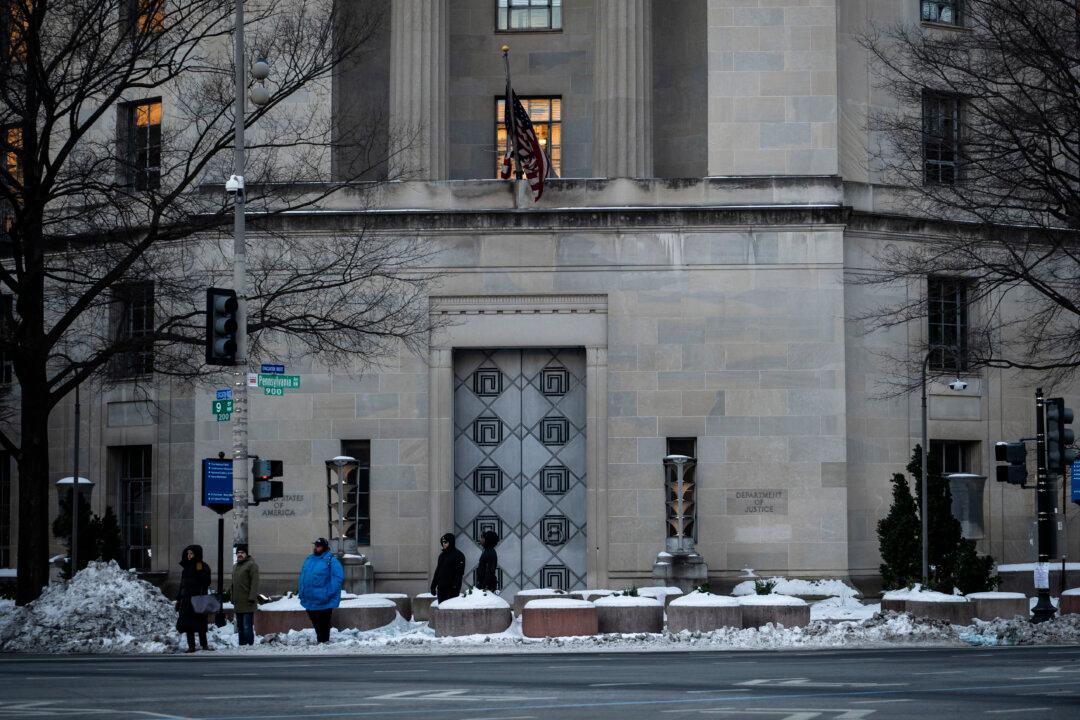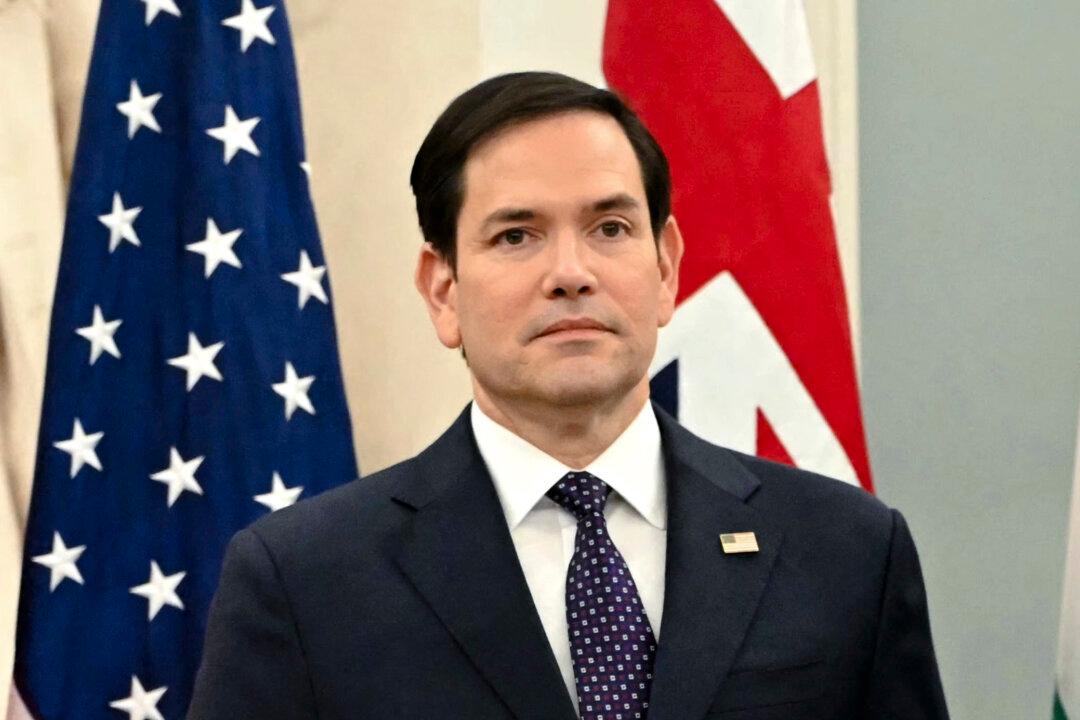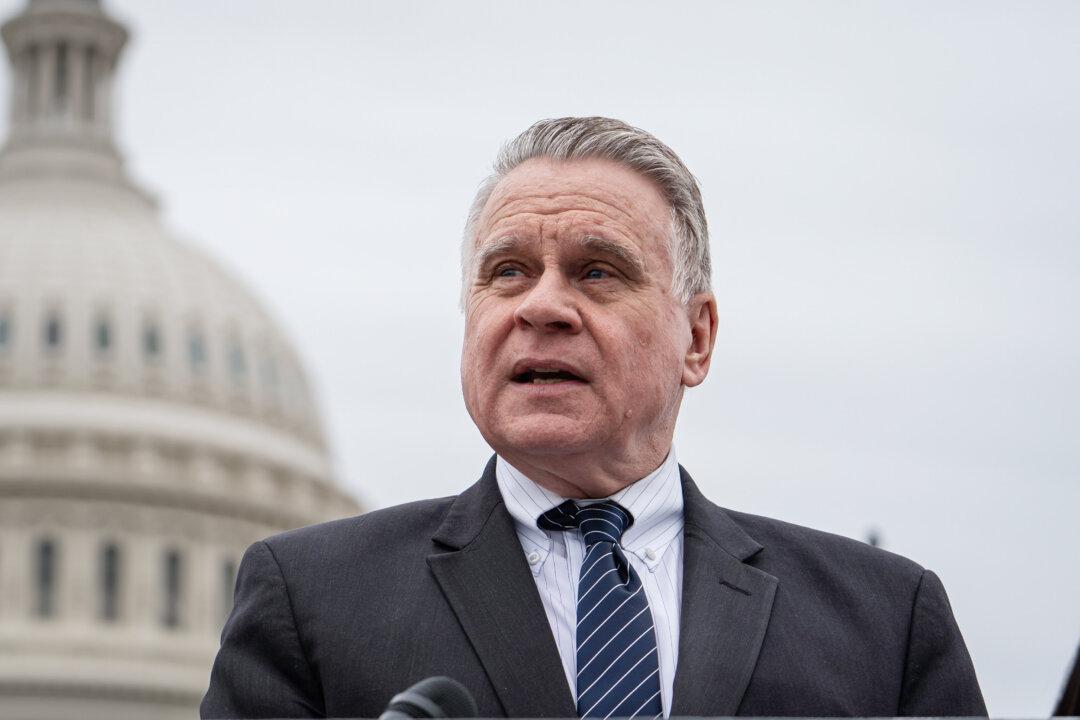While this label is relatively new, the controversial behaviors in question can trace its roots going back decades, according to an author on the topic.
Martin, who is currently Bloomberg’s defense policy and intelligence reporter, said his book is based on interviews and over 100 memoirs of former Chinese diplomats.
The fighting ethos, according to Martin, started with the communist regime’s first diplomat, Zhou Enlai, who decided that Chinese diplomats should “think and act like the People’s Liberation Army in civilian clothing.”
“What he meant by that was that Chinese diplomats would be unfailingly loyal to the Communist Party,” he said.
Zhou was China’s first foreign minister and premier in 1949, the year the Chinese Communist Party (CCP) took control of the country. Serving under then-paramount leader Mao Zedong, Zhou ended his career as China’s top diplomat in 1958, but he continued to be the premier until his death in January 1976.
“If Chinese diplomats felt cornered, or if they worried about looking weak back home, and it meant elevating even the smallest of slights or insults into major international issues, largely I think because of a fear that if they didn’t do so, they'd be judged disloyal at home,” Martin said.
“So this kind of approach led to what we would now call displays of wolf warrior diplomacy,” he added.
There have been several incidents in the past year where China’s wolf warrior diplomacy was on full display.

Wolf Warriors
One of the differences between the past and the present is that Chinese diplomats now have access to Twitter, Martin said, which allows Chinese diplomats who are posted in less developed countries to “show off [their] credentials” to their “bosses back in China.”“Chinese diplomats now have access to this platform [Twitter] where they can pick fights with people who criticize China, or in some cases even resort to name-calling, and they can show that they, too, are on board with this project,” Martin said.
Looking back, Martin said the term “wolf warrior” could be traced back to some time between 2015 and 2017. During this time period, Chinese diplomats probably decided it was fine to act in a “brash way internationally,” after having made the assumption that China “no longer needed to show the kind of caution and defense to the outside world that they had once shown,” according to Martin.

Coincidentally, the year 2015 marked the release of the first of the two jingoistic Chinese movies of the “Wolf Warrior” franchise. The two movies depicted a Chinese soldier as a hero, fighting with foreign mercenaries at China’s southern border and in Africa. The second movie was released in 2017.
“The foreign media started to use this phrase ‘wolf warrior diplomacy’ to describe their actions, and it’s a name that stuck,” he added.
Moving forward, Martin said that such a form of diplomacy is here to stay since the Chinese regime has “changed its mind about the way it needs to act in order to win respect in the world.”
“It may now seem to think that instead of persuasion, it can rely on the sheer size of its economy and the might of its military to command respect, and then ‘wolf warrior diplomacy’ kind of gets wrapped up in that package.”





